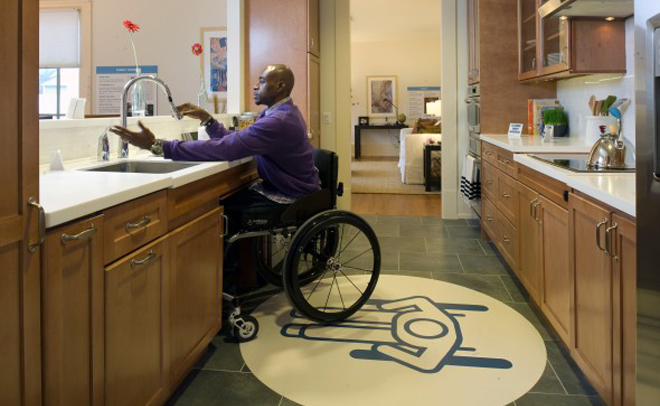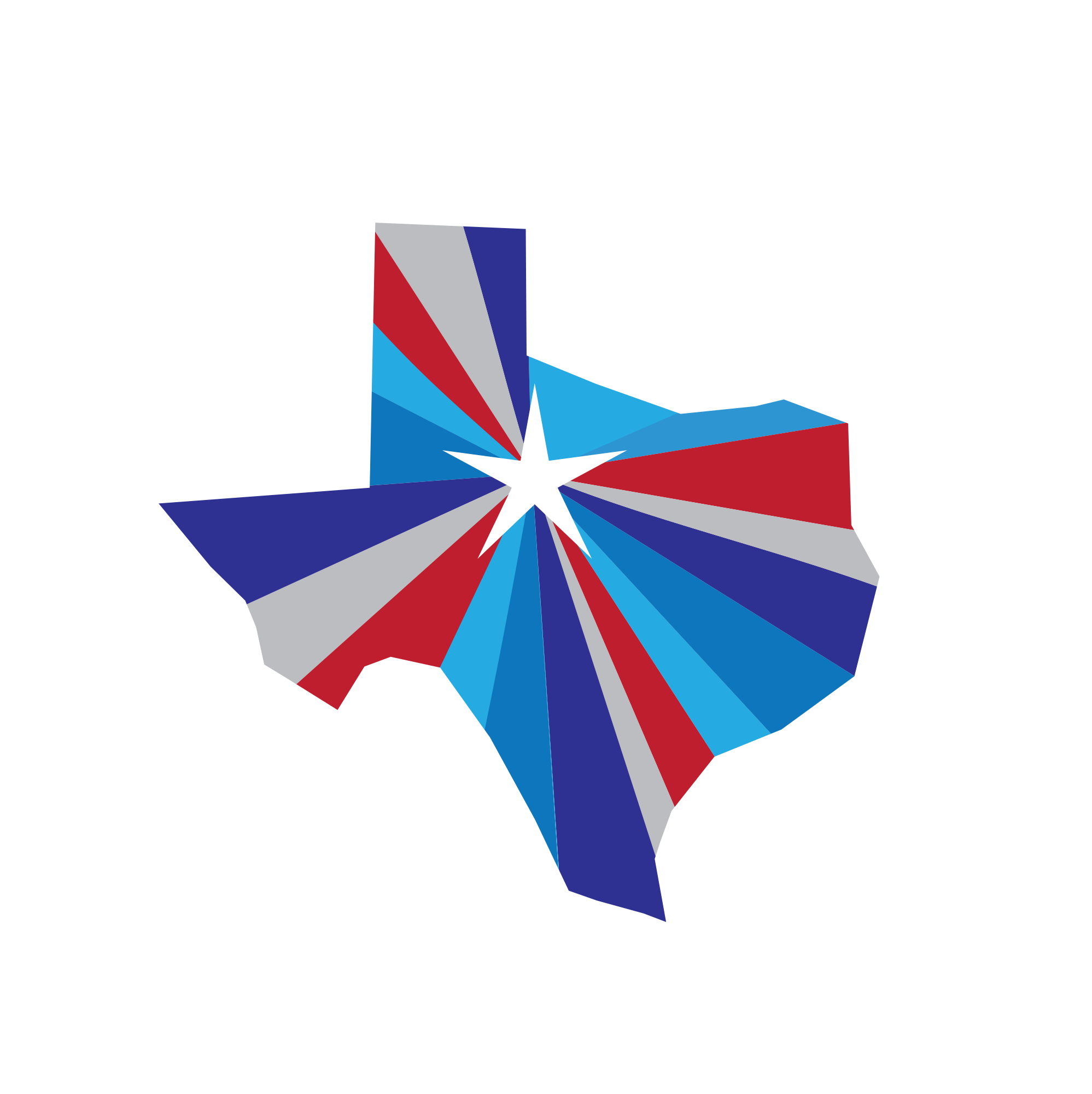Helpful Community Information

Area Agency on Aging

Texas Rural Health Association
What The TRHA Does
- Promotes rural health as a major concern in Texas.
- Serves as a strong, unifying voice for those working to improve rural health statewide.
- Advocates for rural health and improved health systems for rural Texans.
- Provides a forum to exchange information and ideas for rural health improvements.
- Helps develop appropriate health resources for medically underserved areas of rural Texas.
TRHA’s primary forum for the exchange of information and ideas has been the annual conference, where professionals from diverse backgrounds have generated enthusiastic and fruitful dialogue. Countless informal, networking relationships emerged from these conferences, as they identified overlapping missions and strategies to deal with shrinking resources. Through TRHA, health professionals, academics, and policymakers share information, expand knowledge, and develop collaborative, streamlined solutions.

Fair Housing In Texas
You cannot be denied access to a home solely on the basis of color, race, religion, sex, national origin, disability, or your familial status (children under the age of 18 living with parents or legal custodians, pregnant women, and people securing custody of children under the age of 18).
The Texas Department of Agriculture (TDA) and the Texas state Community Development Block Grant (CDBG) are committed to affirmatively furthering Fair Housing in conjunction with the Texas Department of Housing and Community Affairs (TDHCA).
Affirmatively furthering Fair Housing is a requirement of the CDBG program and TDA requires units of general local governments applying for CDBG funds to successfully affirmatively further Fair Housing.
More details regarding Fair Housing in Texas and the Fair Housing Act may be found on the TDHCA website at the following link: http://www.tdhca.state.tx.us/housing-center/fairhousing/index.htm
